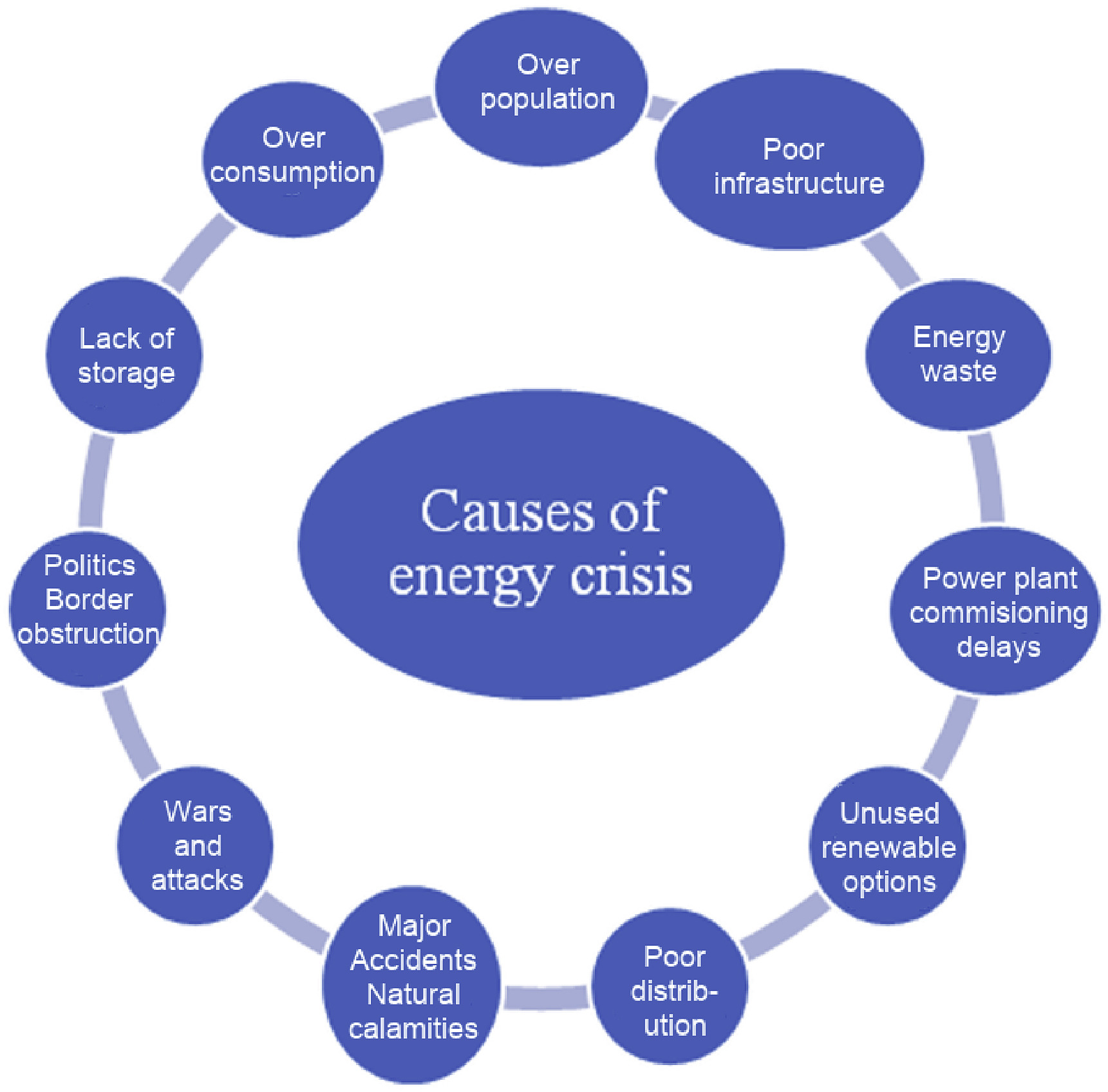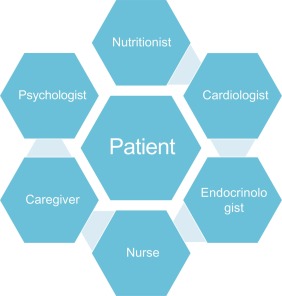Technology plays a central role in achieving the Sustainable Development Goals (SDGs), particularly SDG 9 (Industry, Innovation, and Infrastructure), SDG 4 (Quality Education), SDG 3 (Good Health and Well-being), and SDG 13 (Climate Action). The transformative power of technology can accelerate progress towards all the SDGs by driving economic growth, reducing inequalities, enhancing access to basic services, and promoting sustainability.
Under SDG 9, technology, particularly in terms of Information and Communication Technology (ICT), is a key enabler of industrial innovation and infrastructure development. ICT has the potential to drive economic growth by enhancing productivity, creating jobs, and fostering entrepreneurship. Moreover, it can contribute to making industries more sustainable by facilitating the transition towards smart manufacturing and circular economy models.
Regarding SDG 4, technology can greatly enhance access to quality education. Digital technologies, including e-learning platforms, can break down barriers to education, such as geographical distance, socio-economic status, and physical disabilities. They can also enrich the learning process by enabling personalized, student-centered learning experiences.
In the context of SDG 3, technology has a profound impact on health outcomes. Medical technologies, from simple devices like thermometers to complex systems like MRI machines, have revolutionized healthcare delivery. Furthermore, digital health technologies, such as telemedicine and mobile health apps, can enhance access to health services, improve patient outcomes, and reduce healthcare costs.
For SDG 13, technology offers powerful tools for mitigating and adapting to climate change. Renewable energy technologies can help to reduce greenhouse gas emissions, while climate information services can enhance resilience to climate impacts. Furthermore, digital technologies can facilitate the monitoring and reporting of climate actions, contributing to greater transparency and accountability.
However, the benefits of technology are not automatic, and there are significant challenges to overcome, including the digital divide, cybersecurity threats, and ethical issues related to privacy and data ownership. Thus, policy interventions and multi-stakeholder partnerships are needed to ensure that technology serves as a catalyst for sustainable development and does not exacerbate inequalities.
Nepal has been suffering from a serious energy crisis for decades. It has severely affected its economic, social and political developments. Owing to the continuously evolving energy situation in Nepal, and the recent progress in renewable energy technologies, this study aims to provide an up to date perspective on the current energy crisis in Nepal. In particular, the current energy production and consumption profiles are reviewed, and the main factors contributing to a widening gap between the energy supply and demand are identified.



